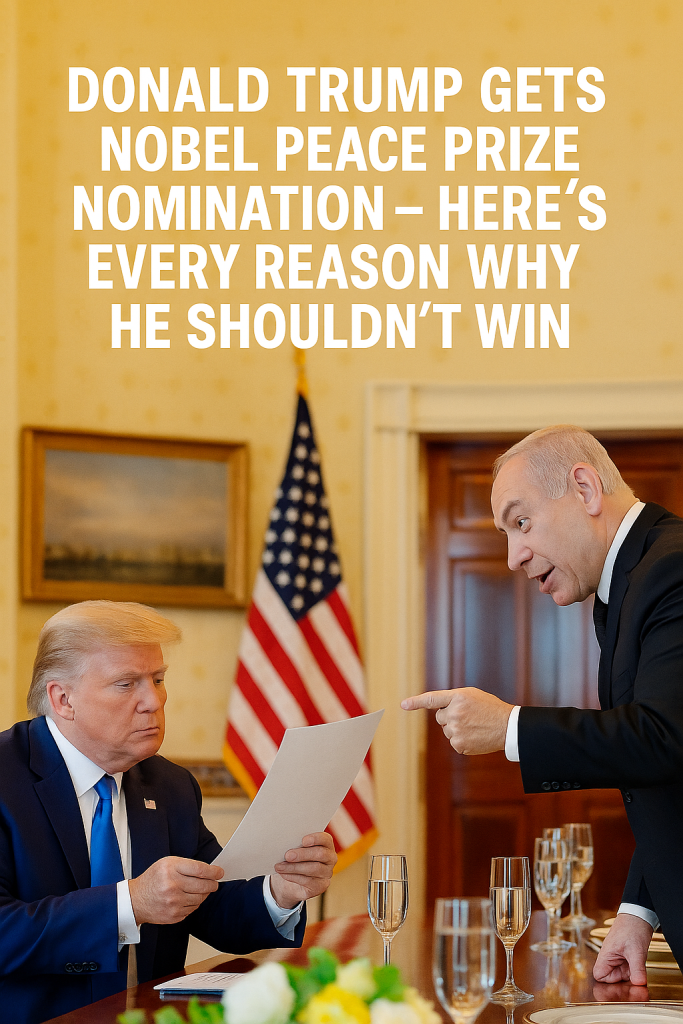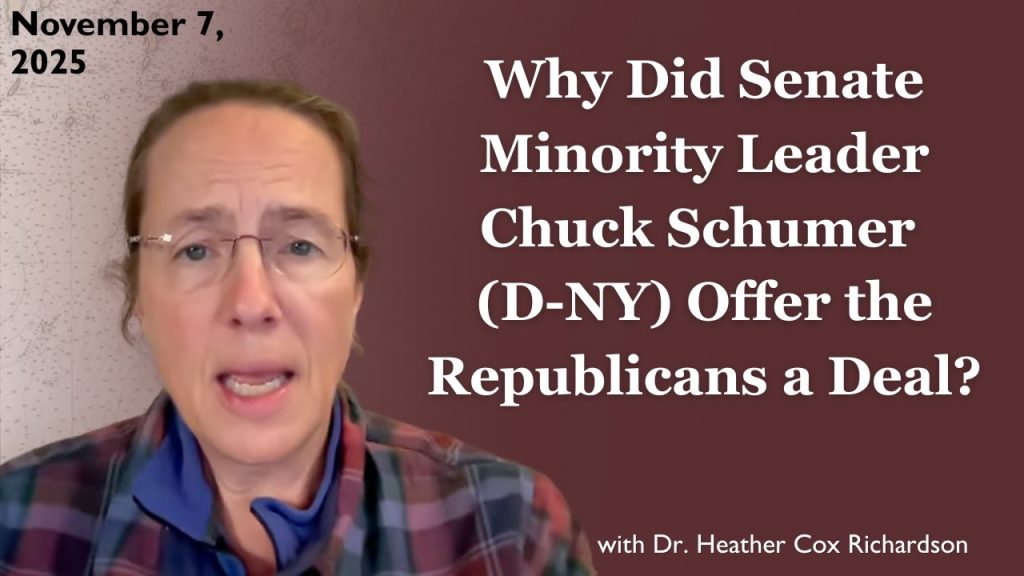Former U.S. President Donald Trump’s recent nomination for the 2024 Nobel Peace Prize has stirred intense controversy and an outpouring of criticism from political analysts, experts, and the global community alike. While a Nobel Peace Prize nomination itself carries symbolic weight, many argue that Trump’s track record conflicts sharply with the award’s core ideals of peace, diplomacy, and humanitarian progress.
The nomination announcement emerged earlier this year, citing Trump’s role in brokering various diplomatic agreements, particularly in the Middle East. Supporters highlight his administration’s involvement in the Abraham Accords—a series of normalization agreements between Israel and several Arab nations—as a notable achievement contributing to regional stability.
However, the nomination has been met with significant skepticism and rebuttal. Critics point out that the Peace Prize is traditionally awarded for sustained efforts towards ending conflict and promoting peace worldwide, criteria that many say Trump fails to meet given his contentious policies and actions during his tenure.
One of the central reasons for opposition involves Trump’s broader foreign policy approach, which often emphasized unilateralism and confrontational rhetoric rather than multilateral diplomacy. His administration’s withdrawal from international agreements such as the Paris Climate Accord and the Iran nuclear deal are viewed by many as destabilizing moves that undermined global cooperation and trust.
Moreover, detractors highlight the numerous instances where Trump’s statements and policies sparked international tensions rather than eased them. His aggressive stance toward North Korea, sharp conflicts with longstanding allies, and inflammatory comments towards certain nations exacerbate concerns that he fostered divisiveness instead of fostering unity or peace.
The nomination renewing focus on Trump’s leadership also ignites debates about his domestic record, which many argue indirectly impacts international peace. His administration’s immigration policies, handling of protests, and rhetoric surrounding racial and political divides are cited as factors contributing to societal unrest—elements seen as incongruent with Nobel Peace Prize values.
Experts also underscore that the Nobel Committee traditionally reserves the prize for individuals demonstrating clear, verifiable progress towards conflict resolution, humanitarian aid, or disarmament over a sustained period. Trump’s critics argue that the nomination overlooks the fact that his achievements in peace are limited and overshadowed by numerous controversies, including impeachment proceedings and allegations of inciting domestic unrest.
While the nomination itself does not guarantee victory, it has reignited an essential discourse about the criteria and standards governing one of the world’s most prestigious peace honors. Observers assert that awarding the Nobel Peace Prize to a polarizing figure like Trump might undermine the prize’s integrity, sending a message that political influence and headline-grabbing deals outweigh consistent, constructive peace efforts.
The question remains: does Trump’s diplomatic legacy warrant recognition on par with past laureates known for de-escalating wars, championing human rights, and fostering global cooperation? For many, the answer lies in carefully weighing both the short-term diplomatic successes touted by his supporters and the broader context of his leadership’s impact on peace and stability worldwide.
As the Nobel Committee deliberates, the global community watches closely, eager to see whether the Peace Prize reaffirms its commitment to principled peace-building or becomes embroiled in the political divides emblematic of our times.



